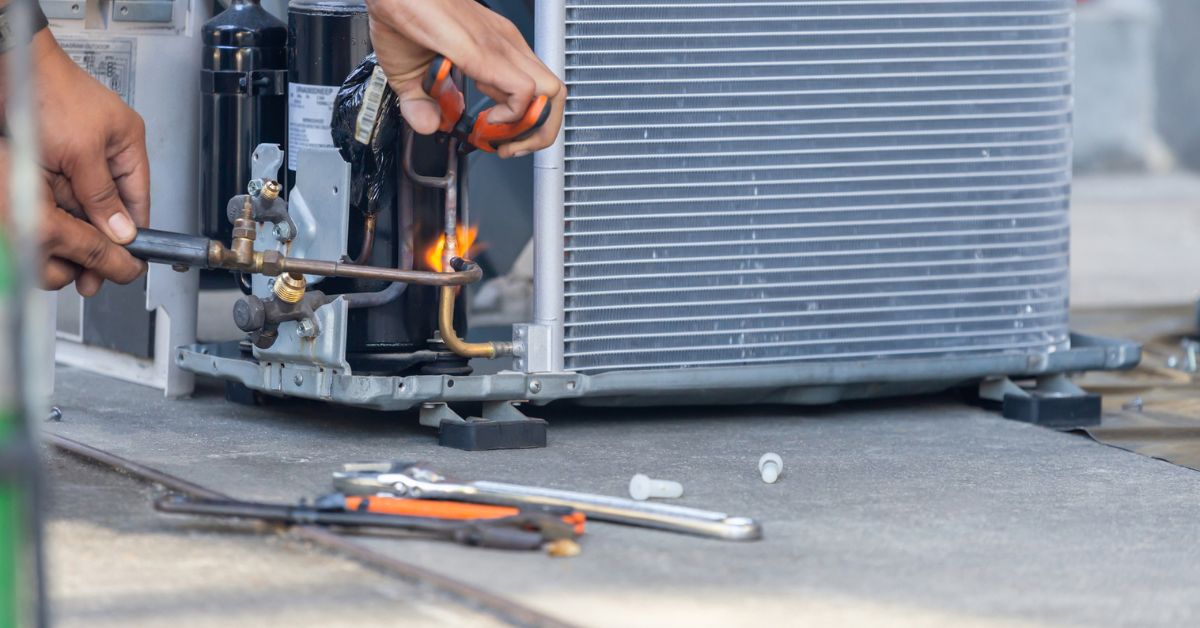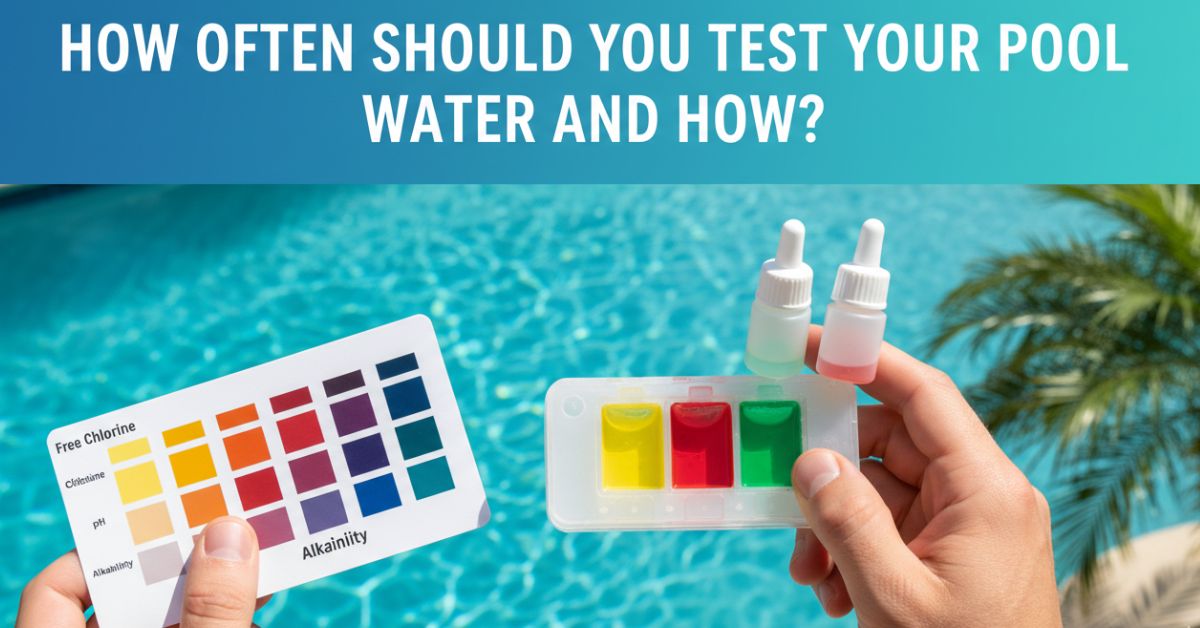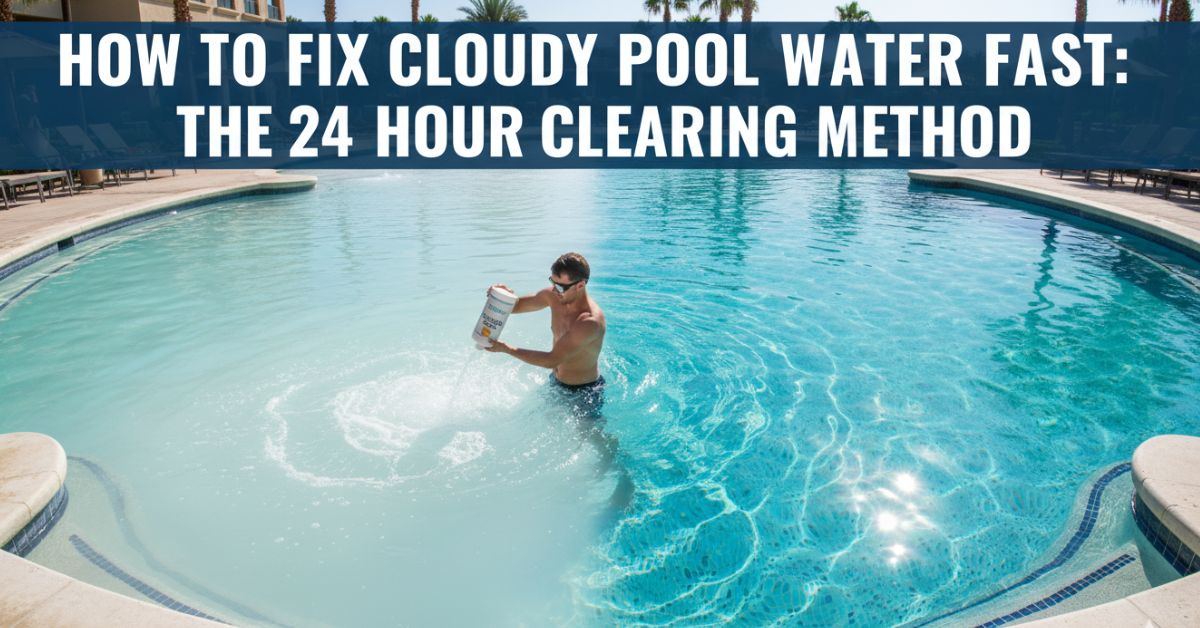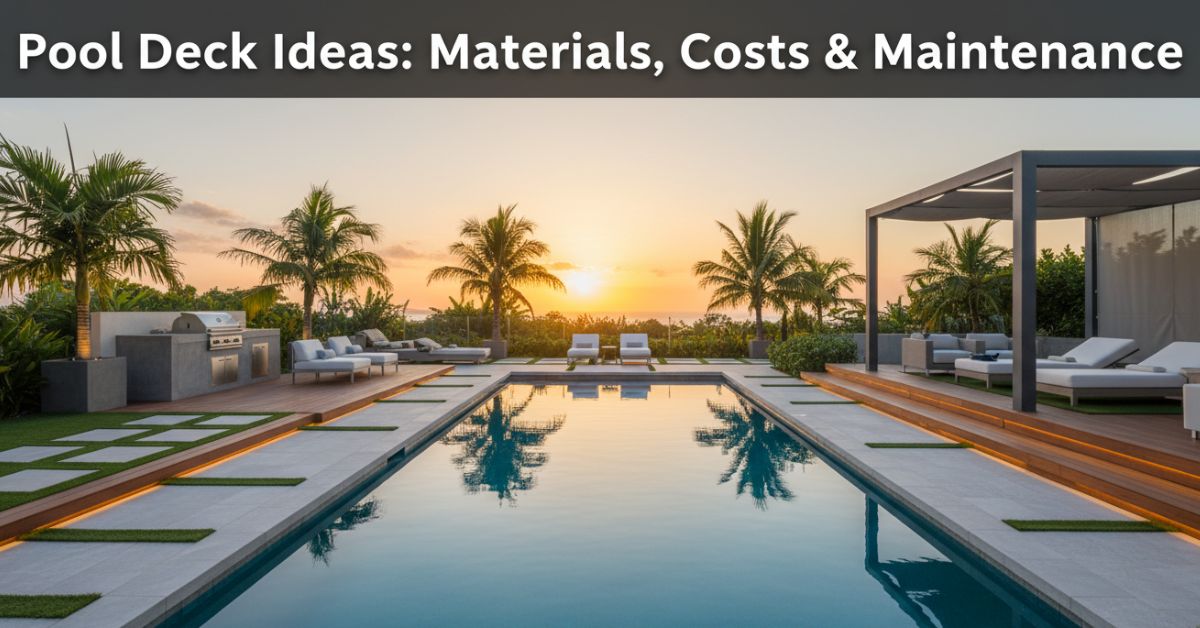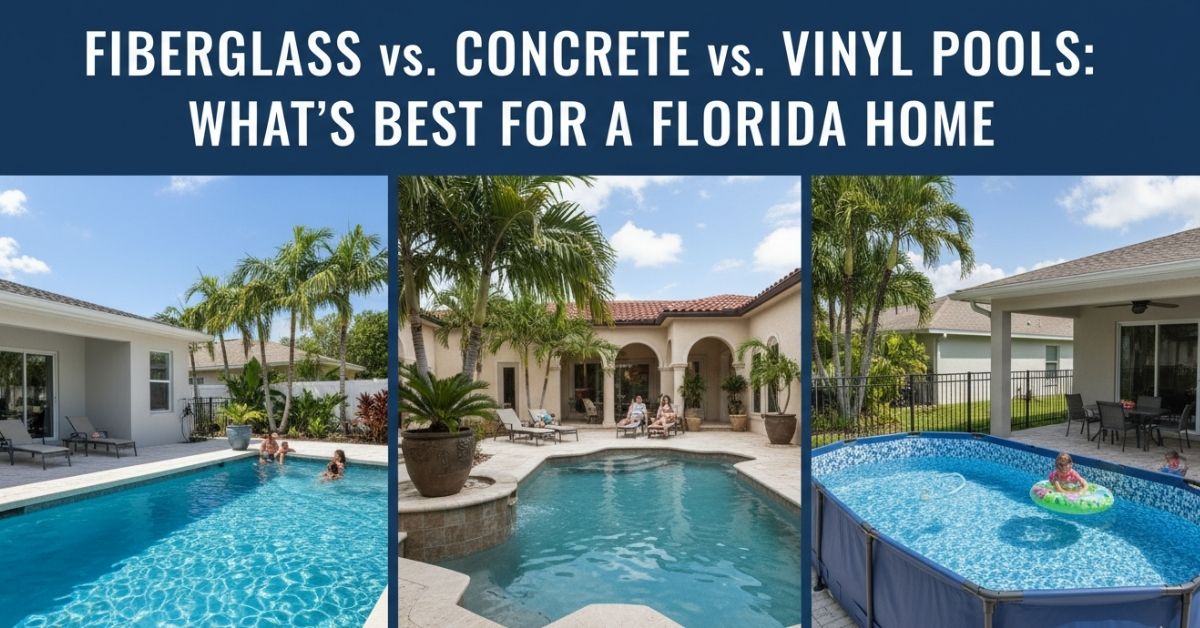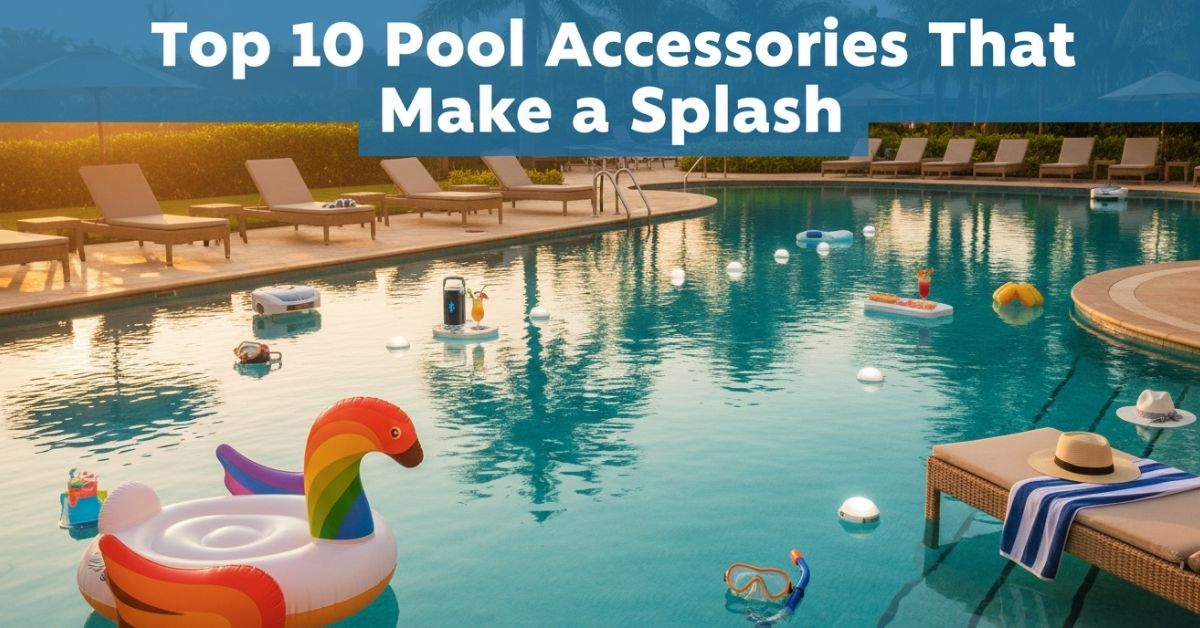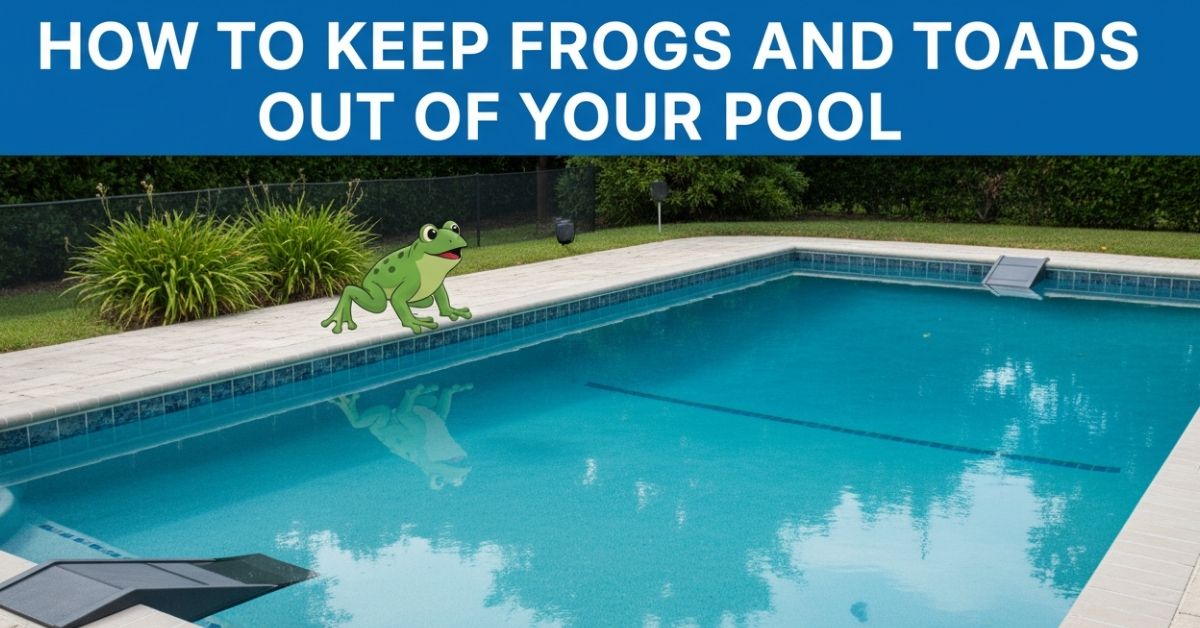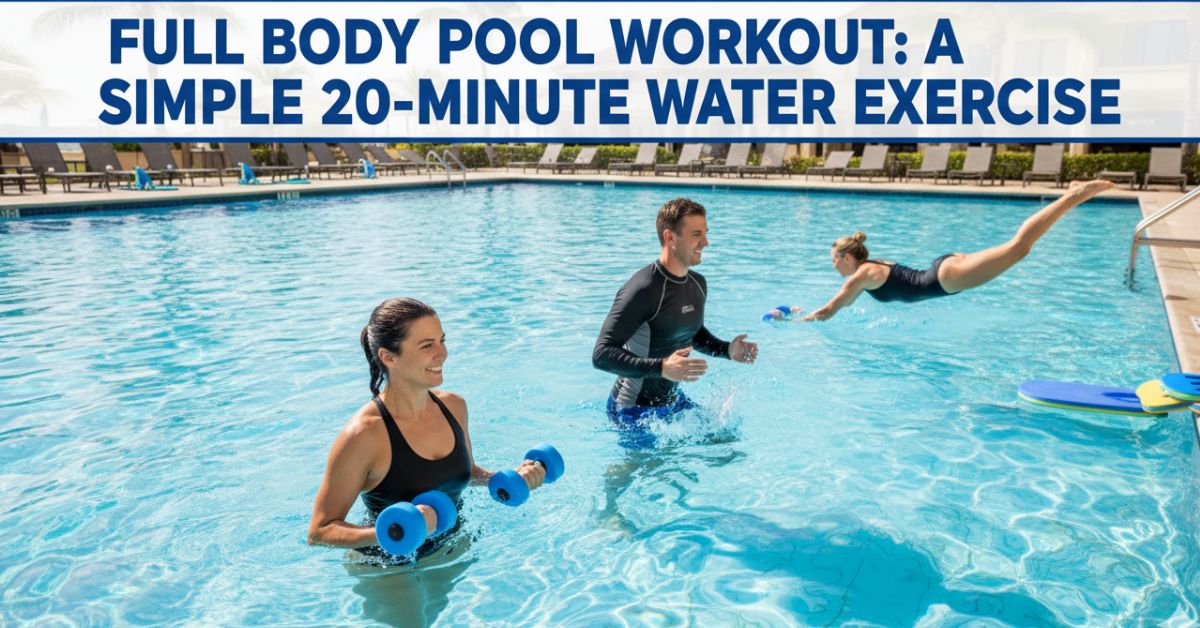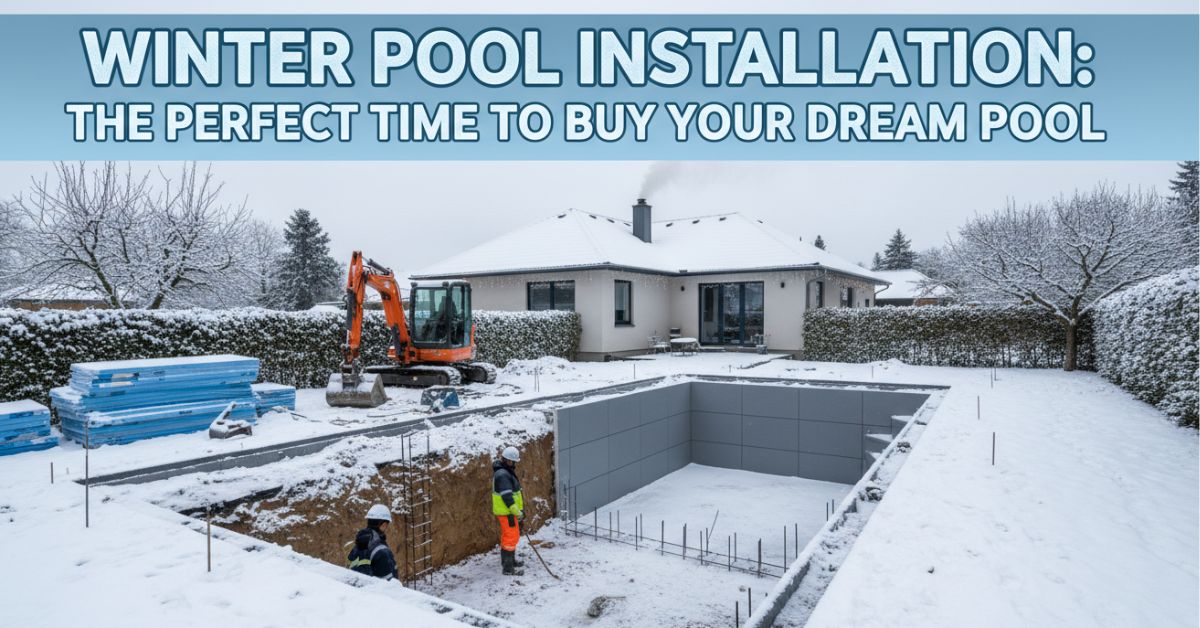A pool heater can account for up to 17% of your home’s total energy use during swim season, according to the U.S. Department of Energy. That’s a significant chunk of your utility bill, especially if your heater isn’t running at peak efficiency.
Imagine enjoying a perfectly heated pool while also saving money and reducing your carbon footprint. The secret? Consistent, smart pool heater maintenance. In this blog, we’ll reveal how a few simple habits can transform your pool’s energy efficiency, extend your equipment’s lifespan, and keep your swimming experience worry-free.
Why Pool Heater Maintenance Matters for Energy Efficiency
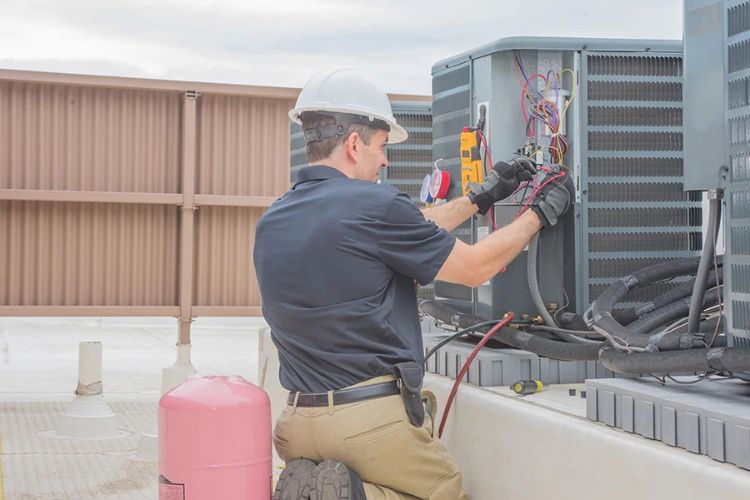
A well-maintained pool heater isn’t just about comfort; it’s about cost savings and sustainability. Swimming pool heater maintenance ensures your equipment runs efficiently, using less energy to keep your water at the perfect temperature. When neglected, even the best heaters can become energy hogs, driving up your utility bills and leaving a bigger carbon footprint.
Regular pool maintenance also helps you spot small issues before they become expensive repairs. By keeping your heater clean and in good working order, you’ll enjoy a longer-lasting system and a more enjoyable swimming season.
How Does a Pool Heater Work?
Understanding how a pool heater works is the first step to maximizing efficiency. Most pool heaters use gas, electricity, or heat pumps to transfer heat to your pool water. Water circulates through the heater, where it’s warmed before returning to the pool.
Gas heaters burn fuel to create heat, while electric and heat pump models use electricity to move heat from the air or ground into the water. Each type has its pros and cons, but all require regular swimming pool heater maintenance to operate at their best.
Common Issues from Neglecting Pool Heater Maintenance
Skipping pools maintenance can lead to a range of problems that hurt both performance and efficiency. Here are some of the most common issues:
- Clogged Filters and Debris: Dirt, leaves, and debris can block water flow, forcing your heater to work harder and use more energy.
- Corrosion and Scale Buildup: Minerals in the water can cause scale, while moisture can lead to rust. Both reduce heat transfer and efficiency.
- Faulty Thermostats or Sensors: Malfunctioning controls can cause the heater to run longer than necessary, wasting energy.
- Worn-Out Parts: Ignoring small repairs can lead to bigger breakdowns and shorten your heater’s lifespan.
If you’re wondering how long a pool heater lasts, the answer depends largely on how well you maintain it. With proper care, most heaters can last 7-12 years, but neglect can cut that time in half.
Steps for Effective Pool Heater Maintenance
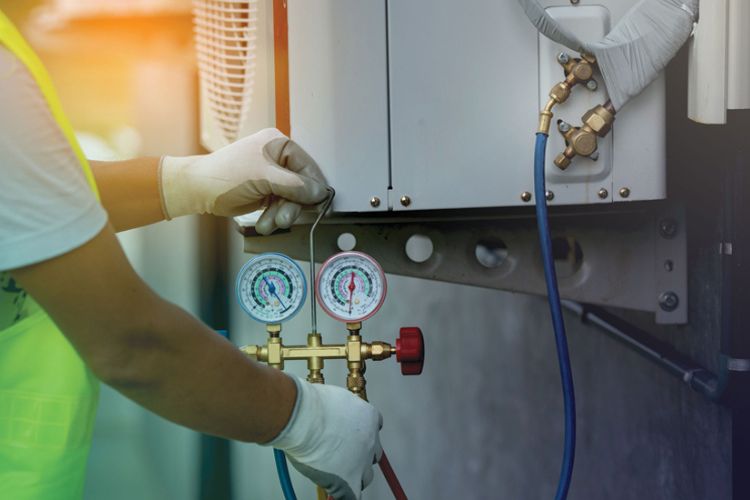
Keeping your pool heater in top shape doesn’t have to be complicated. Follow these steps for effective swimming pool heater maintenance:
1. Clean the Heater Regularly
- Clear out leaves, dirt, and debris that build up around the heater.
- Remove and clean the filter to allow for the most efficient water flow.
- Look at the burner or heating element for buildup and clean if necessary.
2. Check for Leaks and Corrosion
- Check for any rust or corrosion on the heater or pipes.
- Repair any leaks as soon as you see them in order to prevent water damage and inefficiency.
3. Test the Thermostat and Controls
- Check to make sure that the thermostat is calibrated and functioning properly.
- Check the safety switches and sensors for function and safety.
4. Schedule Professional Inspections
- Have a technician check the heater or fireplace professionally at least once a year.
- They are qualified to find problems an untrained person might miss, and can clean and perform repairs necessary to keep your equipment operational.
5. Winterize Your Heater
- If you live in a cold climate, drain and store your heater properly during the off-season.
- This prevents freeze damage and extends the life of your equipment.
For more on keeping your pool in top shape, check out our guide to fiberglass pool maintenance.
Signs Your Pool Heater Needs Maintenance
Don’t wait for a breakdown to take action. Watch for these signs that your heater needs attention:
- Water isn’t heating as quickly or evenly as before.
- The heater makes unusual noises or emits strange odors.
- You notice higher energy bills without increased usage.
- The heater cycles on and off frequently or won’t turn on at all.
If you spot any of these issues, it’s time for a thorough swimming pool heater maintenance check.
How to Heat a Pool Efficiently
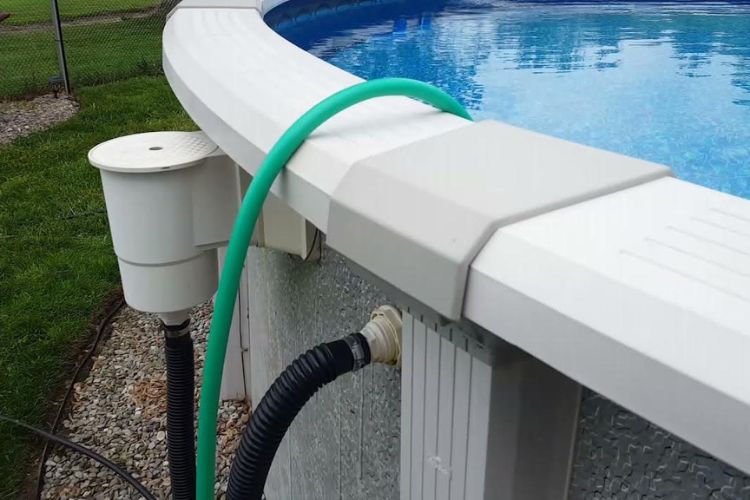
Finding out how to heat a pool effectively will help you save money and be kinder to the environment. Here are some tips:
- Consider using a pool cover to help retain heat and reduce evaporation.
- Set your thermostat to the lowest comfortable temperature.
- Run your heater during off-peak hours if possible.
- Upgrade to an energy-efficient pool heater for long-term savings.
For a wide selection of pool heaters, explore Lifestyle Pool’s recommended options.
Wrapping Up:
Consistent swimming pool heater maintenance is the key to a more energy-efficient, cost-effective, and reliable pool heating system. By investing a little time and effort, you’ll enjoy warmer water, lower bills, and a longer-lasting heater.
Remember, the answer to how long a pool heater lasts is often determined by how well you care for it. Make pools maintenance a regular part of your pool’s maintenance routine, and you’ll reap the rewards for years to come.
Schedule a consultation today to learn how we can help.
FAQs
- How often should I perform swimming pool heater maintenance?
Basic cleaning and checks should be done monthly during the swim season, with a professional inspection at least once a year.
- How does a pool heater work to save energy?
A well-maintained heater transfers heat more efficiently, using less energy to reach and maintain your desired temperature.
- What’s the most energy-efficient pool heater?
Heat pump pool heaters are generally the most energy efficient, but the best choice depends on your climate and pool usage.
- How long does a pool heater last with regular maintenance?
With proper care, most pool heaters last 7-12 years, but some can last even longer.
- Where can I learn more about how to heat a pool efficiently?
Explore our blog and resources for expert tips on how to heat a pool and maximize efficiency.


